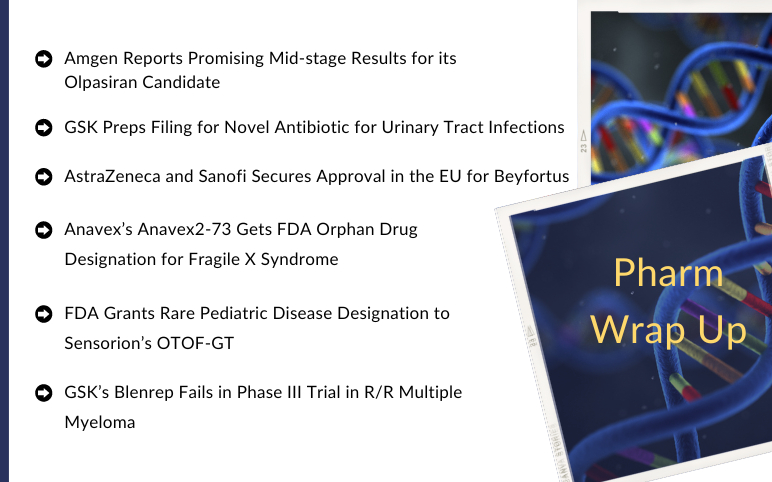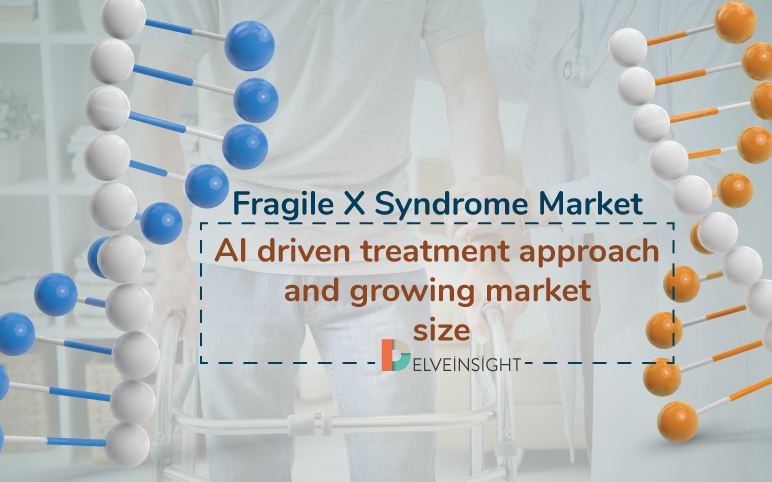Fragile X syndrome (FXS) is an inherited genetic condition that causes mental retardation, intellectual disability, and autism. Etiology of the disease includes the defect in the FMR1 gene located on the X-chromosome, which prevents the gene from properly synthesising a protein called the fragile X mental retardation 1 protein. Lack of this protein causes symptoms characteristic of FXS, although the exact function of this protein is not fully known.
FXS is more common in males, and usually, have more severe symptoms than in females. Studies suggest that the condition affects 1 in 4,000 males, whereas in females, it affects about 1 in every 8,000. The prevalence of female carrier status has been estimated to be as high as 1 in 130-250 and that for the male it is estimated to be 1 in 250-800.
Major players in this field are pharma giants such as Novartis Pharmaceuticals and Hoffmann-La Roche along with some mid-level to small pharmaceutical companies like Neuropharm, Seaside Therapeutics and Alcobra. Recently, in January 2017, Marinus Pharmaceuticals reported that the FDA has granted Orphan Drug Designation to ganaxolone to treat patients with fragile X syndrome and Zynerba Pharmaceuticals has started an exploratory phase 2 clinical trial of ZYN002 cannabidiol (CBD) topical gel in children with FXS. In a less exciting event that took place in January 2017, MDX (by Alcobra) is being evaluated for use in FXS, has already hit a few roadblocks. The U.S. Food and Drug Administration recommended Alcobra to conduct a new MDX trial to expel safety concerns emanating from preclinical data.
Various studies have indicated a wide range of unmet medical needs in people with FXS. Currently, there are no drugs approved for FXS and a few drugs in clinical development. The development of personalised medicine and targeted therapeutics for neurodevelopment disorders represents an unmet medical need for FXS. In current trends, there are medications available for symptom-based treatments. Current trends in treating FXS include medications only for symptom-based treatments that aim to minimise the secondary characteristics associated with the disorder.
Insight By:
Mohammad Rizwan
Associate Analyst
DelveInsight is a leading Business Consulting and Market Research Firm. We help our clients to find answers relevant to their business and facilitating their decision-making. DelveInsight also serves as a knowledge partner for business strategy and market research. We provide comprehensive analytical reports across various therapeutical indications. Delveinsight has a database of 3000+ high-quality analytical reports.



